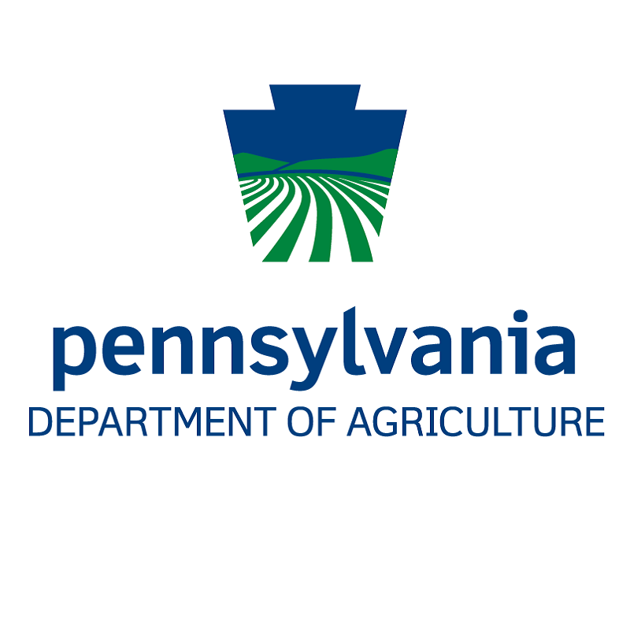Seventy (70) new cases added Thursday in Lycoming County now at 1,533 cases, one new death, 34 total deaths, with 17,923 negatives according to DOH report.
Department of Health Provides Update on COVID-19:
2,904 Patients Hospitalized and 628 Patients in the Intensive Care Unit
Highest Daily Increase of 7,126 Additional Positive Cases of COVID-19
Harrisburg, PA – The Pennsylvania Department of Health today confirmed as of 12:00 a.m., November 19, that there were 7,126 additional positive cases of COVID-19, bringing the statewide total to 288,978. This is the highest daily increase of cases.
There are 2,904 individuals hospitalized with COVID-19. Of that number, 628 patients are in the intensive care unit with COVID-19. Most of the patients hospitalized are ages 65 or older, and most of the deaths have occurred in patients 65 or older. More data is available here.
The trend in the 14-day moving average of number of hospitalized patients per day has increased by nearly 1,700 since the end of September.
Statewide percent positivity for the week of November 6 – November 12 stood at 9.6%.
The most accurate daily data is available on the website, with archived data also available.
The number of tests administered within the last 7 days between November 12 and November 18 is 389,594 with 38,484 positive cases. There were 55,713 test results reported to the department through 10 p.m., November 18.
As of 11:59 p.m., Wednesday, November 18, there were 116 new deaths reported for a total of 9,581 deaths attributed to COVID-19. County-specific information and a statewide map are available on the COVID-19 Data Dashboard.
Mask-wearing is required in all businesses and whenever leaving home. Consistent mask-wearing is critical to preventing the spread of COVID-19.
There are 10,594 individuals who have a positive viral antigen test and are considered probable cases and 643 individuals who have a positive serology test and either COVID-19 symptoms or a high-risk exposure.
There are 2,629,527 individuals who have tested negative to date. Of those who have tested positive to date the age breakdown is as follows:
- Approximately 1% are ages 0-4;
- Nearly 3% are ages 5-12;
- Approximately 5% are ages 13-18;
- Approximately 13% are ages 19-24;
- Nearly 37% are ages 25-49;
- Approximately 21% are ages 50-64; and
- Nearly 20% are ages 65 or older.
The department has seen significant increases in the number of COVID-19 cases among younger age groups, particularly 19 to 24-year-olds. An alert was sent to healthcare providers about the changing COVID-19 case demographics. Increases among 19 to 24-year-olds from April to present in November are available below:
- NC – Approximately 7 percent of cases in April to approximately 17 percent of cases so far in November;
- NE – 6 percent of cases in April to approximately 13 percent of cases so far in November;
- SE – Nearly 5 percent of cases in April to nearly 11 percent of cases so far in November;
- SW – Approximately 5 percent of cases in April to nearly 11 percent of cases so far in November;
- SC – Approximately 7 percent of cases in April to approximately 8 percent of cases so far in November; and
- NW – Nearly 7 percent of cases in April to approximately 11 percent of cases so far in November.
In nursing and personal care homes, there are 30,786 resident cases of COVID-19, and 6,265 cases among employees, for a total of 36,589 at 1,184 distinct facilities in 63 counties. Out of our total deaths, 6,169 have occurred in residents from nursing or personal care facilities. A county breakdown can be found here.
Approximately 13,786 of our total cases are among health care workers.
Statewide – The Wolf Administration has since noon, Nov. 18:
- Announced with regional coalition of NE governors recommendations for college students and the holidays.
- Announced that more than 500,000 have downloaded the COVID Alert PA app.
- Provided update on testing and contact tracing.
- Provided Pennsylvania State Police enforcement data.
The Wolf Administration stresses the role Pennsylvanians play in helping to reduce the spread of COVID-19:
- Wash your hands with soap and water for at least 20 seconds or use hand sanitizer if soap and water are not available.
- Cover any coughs or sneezes with your elbow, not your hands.
- Clean surfaces frequently.
- Stay home to avoid spreading COVID-19, especially if you are unwell.
- If you must go out, you are required to wear a mask when in a business or where it is difficult to maintain proper social distancing.
- Download the COVID Alert PA app and make your phone part of the fight. The free app can be found in the Google Play Store and the Apple App Store by searching for “covid alert pa”.
All Pennsylvania residents are encouraged to sign up for AlertPA, a text notification system for health, weather, and other important alerts like COVID-19 updates from commonwealth agencies. Residents can sign up online at www.ready.pa.gov/BeInformed/Signup-For-Alerts.









